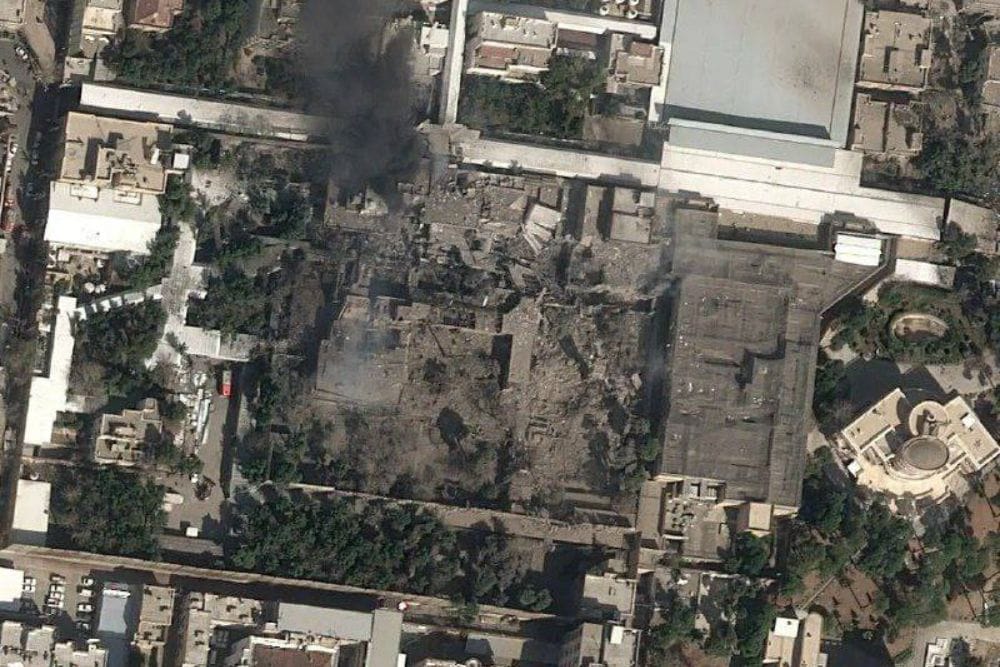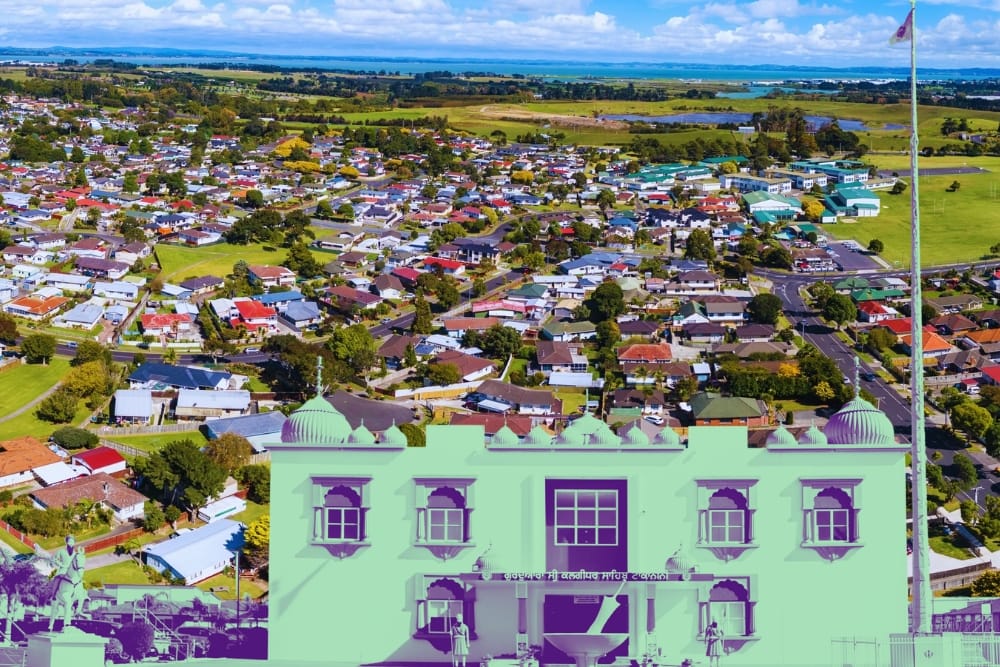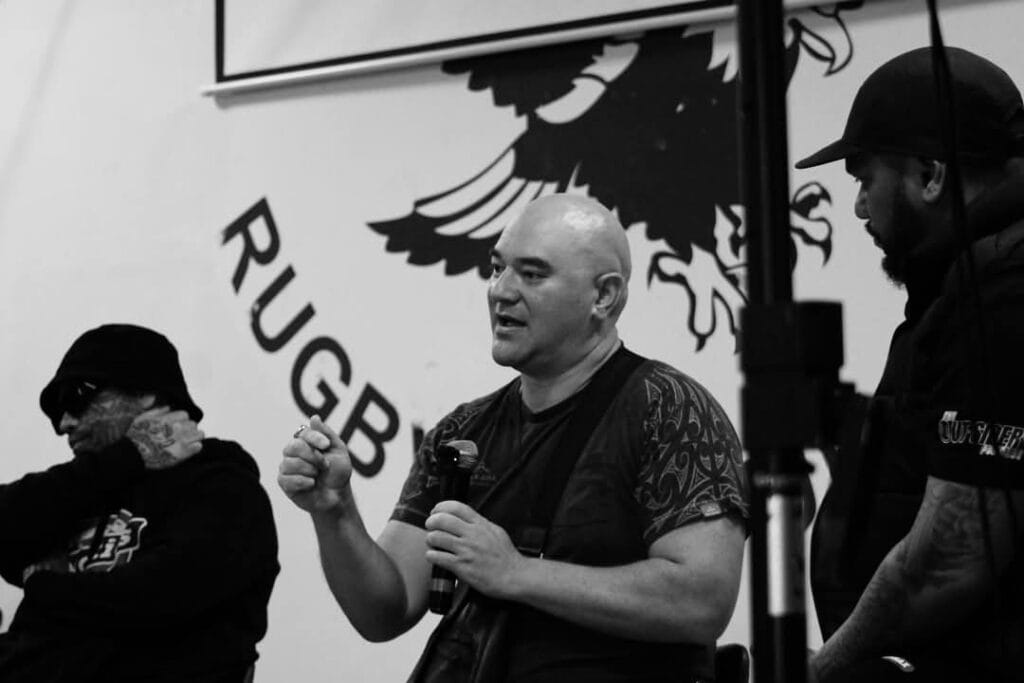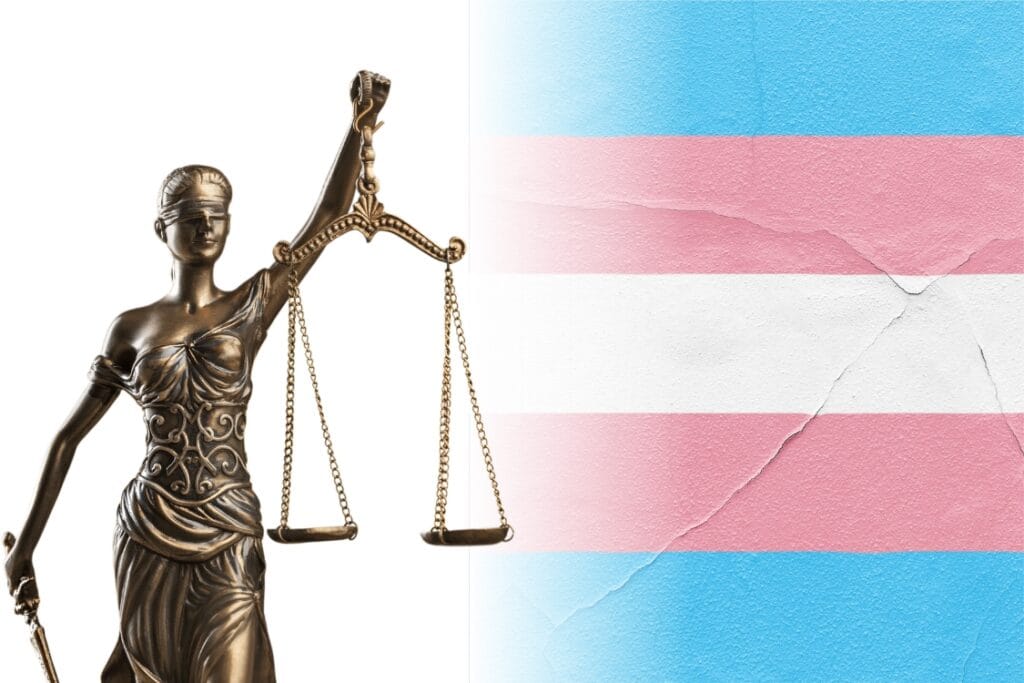The fires in Los Angeles have dominated the news cycle, capturing attention night after night. Coverage has ranged from the fires themselves to the responses from individuals, businesses, and eventually, the blame game. Headlines around the globe have proclaimed, “It’s just like Armageddon.” But is it truly comparable to Armageddon?
For those directly affected, it may feel that way. However, Los Angeles is not just a city of celebrities; it is home to everyday people. The devastation is significant, but we must ask ourselves: does it equate to Armageddon?
Let’s consider the losses in Los Angeles alongside those experienced by communities ravaged by hurricanes in the South or tornadoes in the Midwest. All these tragedies result in loss, yet one key takeaway from the fires is that the loss of life has been minimal. While I understand that even one death is too many, we must recognize the importance we place on human life amid the destruction of property.
When disaster strikes, the priority is clear: lives matter more than possessions. Property can be rebuilt, but loved ones cannot. Many residents of L.A. express gratitude for their survival, with some even reflecting philosophically, stating, “We can rebuild our home.” One woman poignantly shared that in her rush to evacuate, she saved a box of family photographs—her most cherished memories.
The label “Armageddon” is misleading. While the fires are catastrophic, they do not fit the biblical definition of Armageddon, which signifies the final battle between good and evil before judgment day. The fires remind us that life is more valuable than material possessions and highlight the need to heed authority during crises.
These moments serve as vital wake-up calls, prompting us to reflect on our values and actions. It’s our compassion, kindness, and integrity that shape our future.
So, what can we learn from these events? First and foremost, let’s dismiss the notion that this was Armageddon; it was not. If one were to argue otherwise, they would have to contend with the idea that divine intervention was at play—but that is not the case. God did not target Los Angeles or ignite these fires.
We must recognize that human life, not possessions, is our most precious asset. Armageddon, when it occurs, will result in widespread death and will be a conflict between spiritual forces. If you believe you can survive such an event, consider how you are living today, tomorrow, and beyond.
Armageddon is not a punishment from God; it is a judgment. For clarity on divine punishment, one need only reference the fate of Sodom and Gomorrah in Genesis. The Book of Revelation warns us of the forthcoming war of Armageddon and instructs us on how to prepare.
In times of crisis, like those faced by Los Angeles residents, it is crucial to grasp what truly matters. The most valuable asset is not possessions, but the very essence of life itself. Reflect on your spiritual readiness and seek to understand the God of the Bible before the day of judgment arrives. The return of Jesus Christ is imminent, and with it comes the day of reckoning. Your choices today will have eternal consequences.
Veteran broadcaster Mike Bain has worked with media throughout New Zealand and is the founder of Christian Voice New Zealand.









